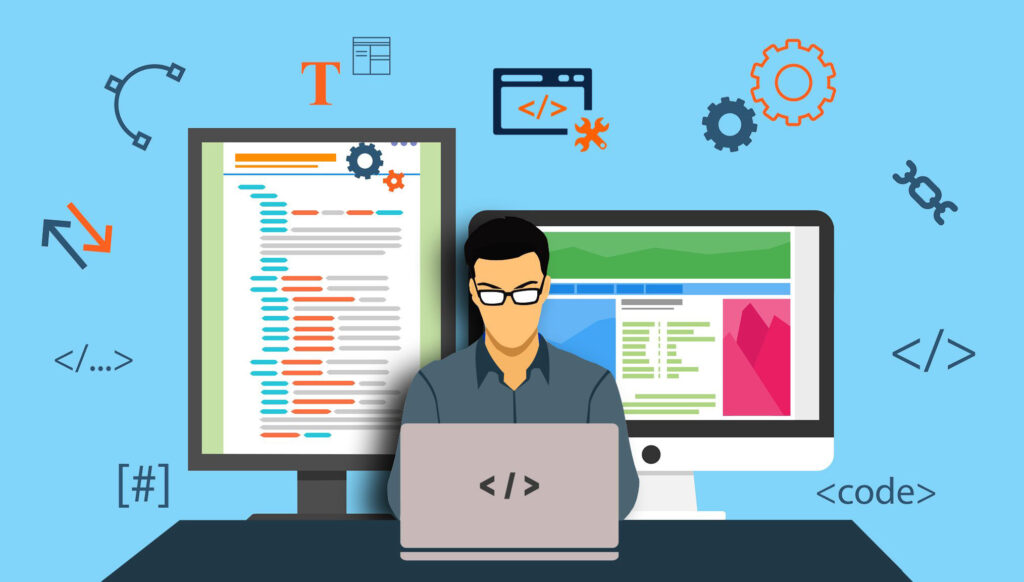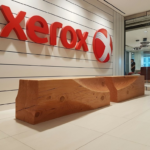Confused about which field to dive into—Front-End Development, Back-End Development, Machine Learning, or Blockchain?
Here’s a concise breakdown of each, designed to clarify your options:
Front-End Development (FE)
Key Skills:
- HTML/CSS: Fundamental for creating the structure and style of web pages.
- JavaScript: Essential for adding interactivity and functionality to websites.
- Frameworks/Libraries: React, Angular, or Vue.js for efficient and scalable front-end development.
- Responsive Design: Ensuring websites look good on all devices.
- Version Control: Git for managing code changes and collaboration.
Career Prospects:
- Web Developer
- UI/UX Designer
- Front-End Engineer
Back-End Development (BE)
Key Skills:
- Programming Languages: Python, Java, Ruby, Node.js, or PHP for server-side logic.
- Databases: SQL (MySQL, PostgreSQL) and NoSQL (MongoDB) for data management.
- APIs: RESTful and GraphQL for communication between front-end and back-end.
- Server Management: Understanding of server, network, and hosting environments.
- Security: Knowledge of authentication, authorization, and data protection.
Career Prospects:
- Back-End Developer
- Full-Stack Developer
- Database Administrator
Machine Learning (ML)
Key Skills:
- Programming Languages: Python and R are widely used in ML.
- Mathematics: Statistics, linear algebra, and calculus for understanding ML algorithms.
- Libraries/Frameworks: TensorFlow, PyTorch, Scikit-Learn for building ML models.
- Data Handling: Pandas, NumPy for data manipulation and preprocessing.
- Model Evaluation: Techniques for assessing model performance.
Career Prospects:
- Data Scientist
- Machine Learning Engineer
- AI Researcher
Blockchain
Key Skills:
- Cryptography: Understanding of encryption and security principles.
- Blockchain Platforms: Ethereum, Hyperledger, Binance Smart Chain for building decentralized applications.
- Smart Contracts: Solidity for developing smart contracts.
- Distributed Systems: Knowledge of peer-to-peer networks and consensus algorithms.
- Blockchain Tools: Truffle, Ganache, Metamask for development and testing.
Career Prospects:
- Blockchain Developer
- Smart Contract Developer
- Crypto Analyst
Decision Criteria
- Interest: Choose an area you are genuinely interested in.
- Market Demand: Research the current job market to see which skills are in demand.
- Career Goals: Consider your long-term career aspirations.
- Learning Curve: Assess how much time and effort you can dedicate to learning new skills.
Each field offers unique opportunities and challenges, so weigh your options carefully based on your personal preferences and career objectives.






